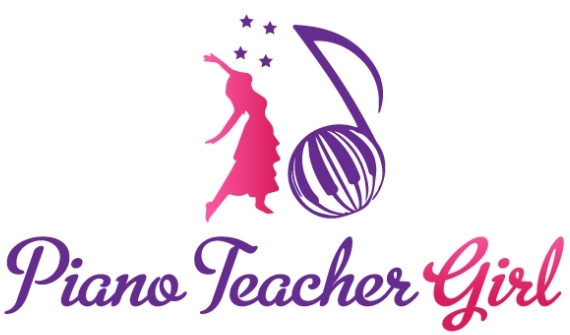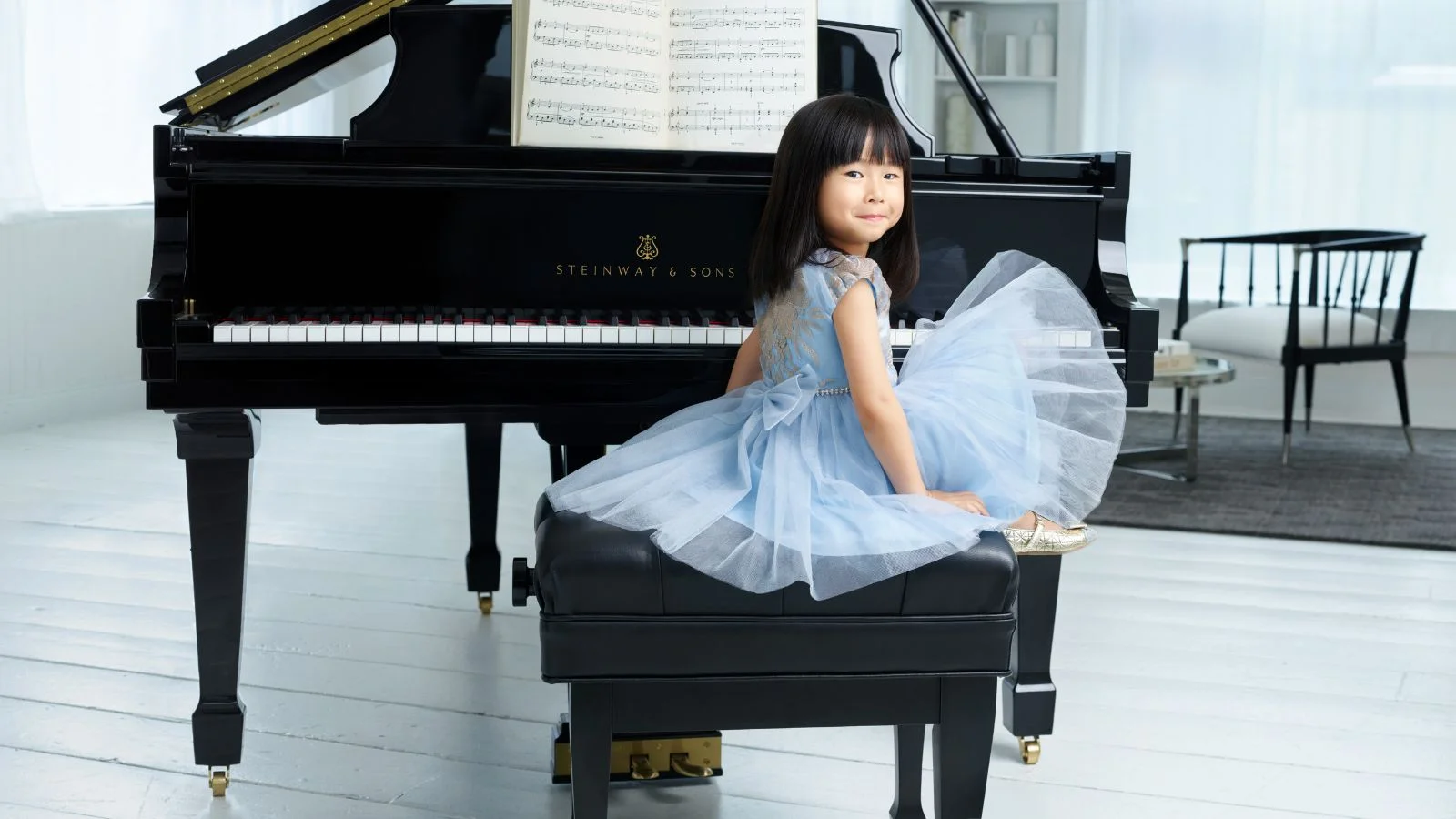Everyone knows that learning an instrument, and specifically piano, has some profound benefits and can improve a child’s academics, memory, learning retention and hand-eye coordination.
But aside from the numerous benefits of learning piano related to the brain, what other benefits are there that might be less well known? These are just a few of the benefits I have found to occur for me after taking lessons for many years, as well as some observations I have made about students in the past.
Work equals rewards
Learning how to play the piano (or any instrument) can teach a young student about the value of hard work and how that work translates into tangible gains. While falling short of bribery, a student learns that they can earn small incentives (stickers, points, etc.) in exchange for simply playing through their songs on a regular basis. I still have some of the (very old school) packs of stamps that were popular when I was a kid, and vividly remember the joy in earning them through regular practice and improving my pieces week to week.
Kids. Love. Stickers!
Connecting with one’s body
At first when students start learning piano, they will find that the way they hold their hand can be incredibly awkward. They will learn over time, that the adjustments they make to their bodies will have an immediate effect on their form. Just sitting up higher on the piano bench can improve the bend in the wrist and allow the student’s fingers to relax.
I once worked with a friend who was learning to be a Pilates instructor, and she wanted to work with me because as someone who is athletic, I would be able to understand her directions and move properly in order to complete the exercises, helping her learn. When kids are developing their motor skills, the process of learning verbal instructions and translating that to physical movements enforces the mind to body connections that will continue to be beneficial throughout their lives.
It makes you a well rounded student
Let’s face it, not every student is going to excel at math. Or science. Or even history. And that is ok. While there is an immense amount of pressure on kids these days to excel in school, one way to become a well rounded student and to balance out any weaknesses in academics is to be a music student of some sort. Colleges may look quite fondly on students who, while taking on as many academic classes and sports as possible, also are able to make time to keep up with an instrument.
As a student with some academic weaknesses myself in high school, I know that the fact that I was athletic AND played multiple instruments in various ensembles really helped smooth over my less than stellar grade point and test scores. I was still able to get into some pretty good schools despite being a very average student. But this isn’t a public service message to slack in school, its still important to do well! Just remember, there are other qualities that schools look for in prospective students, other than academic prowess.
Opens up your mind and emotions
A lot of the benefits for learning how to play piano focus on improving one’s cognitive abilities or their memory. But what about a student’s heart? Not to sound cliche, but playing music really soothes the soul and can help students express themselves in ways that words just can’t. I have actually heard this from a mother of a girl who is quite cerebral and academic; that the piano lessons help her express a side of her that otherwise may stay hidden. So aside from all of the great mental benefits, being able to play the piano really helps students learn how to express those things which they may struggle with in other aspects of their life. This can only help them in their adult lives.
Improve your hearing and listening skills
Learning how to play an instrument is more than just reading the notes on the page. It’s also hearing the notes, and really listening to the music. This is an amazing process to experience, that which you are creating from your fingers, is heard by your ears and processed by your brain all at once. And the more you can really listen to what you are playing, the more you anticipate what is to come next. This is an important skill in particular when playing in an ensemble, when players must listen to each other to match tone, rhythm and dynamics.
Musicians do not exist in a vacuum, and this is also a metaphor for all of our social interactions too. While we hear ourselves and want to be heard, we must listen to others equally to exist in harmony with one another.
Listening is a magical tool for musicians and basically people!
So parents and students alike, just remember there are many, many benefits to learning piano, and some are less obvious than you would think. After taking lessons yourself, you might find some new ones to add to this list!



